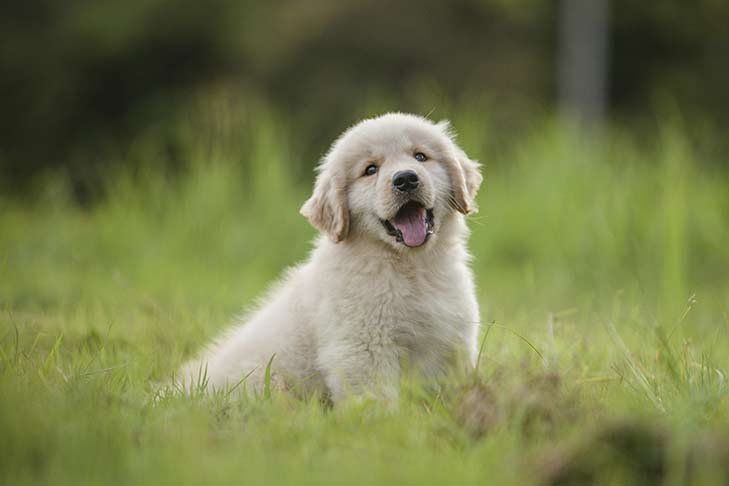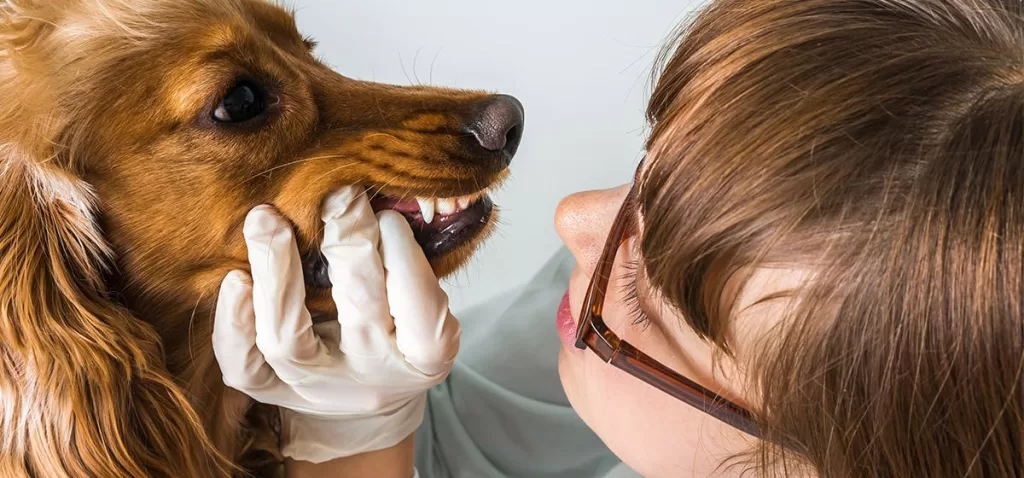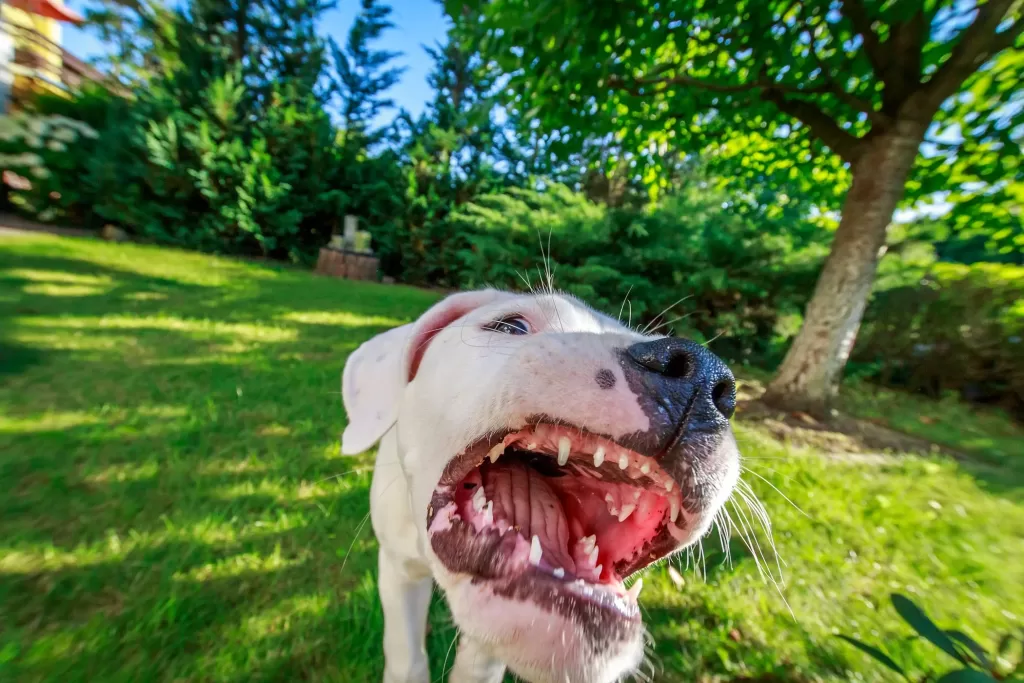My dog is losing his teeth? When it comes to your dog’s oral health, no one wants a goofy dog laugh. It is very common to lose teeth when you have a growing puppy with baby teeth.
When your adult dog starts to erupt teeth, or when you come across a sofa-loving senior with a room-clearing breath, it’s time to do a little more in-depth research into the possible causes of dog tooth loss (and whether or not you should consult your veterinarian).
Here is everything you need to know.
When does my puppy lose teeth?
All puppies are born without teeth (like human babies!)
In three to six weeks your dog will begin to develop their deciduous (baby) teeth.
With the advent of their adult dog teeth, they begin to lose their baby teeth again. This is the natural part of growing up.
Puppy tooth loss often depends on the breed. In small species, they mature faster than in larger species so they lose teeth quickly.
Since these needle-sharp dog teeth are so small, you may not notice that they are falling out. Most puppies swallow them while eating or they come out while playing. Swallowing teeth will not harm your puppy and there is no need to worry about slight bleeding.
My Dog is losing his teeth: Causes
Puppies usually begin to lose the teeth of 28 infants by the age of four months to have their 42 adult teeth grow in their place.

Loss of baby teeth is a normal part of life, but the loss of adult teeth is often a sign of gum disease.
In fact, the American Veterinary Association estimates that 85 percent of dogs over the age of three exhibits severe gum disease from a minor.
Also Read: 3 Common German Shepherd Allergies every dog owner must Know
The development of gum disease at such a young age often leads to serious problems on the road without treatment and ongoing preventive care.
Injury is another reason for loose teeth in dogs. If your dog has recently received a serious blow, such as a collision with another dog, loose teeth may be associated with that event.
You must be coordinated with the vet to determine the cause of loose teeth and formulate an apt care plan.
Adult dog teeth – cleaning, hygiene, and tooth loss.
But if your dog is large and has all of its permanent teeth, it is not uncommon for them to fall out accidentally.
If you practice good dog oral hygiene and you clean your teeth regularly, it is a matter of concern and your dog should see your veterinarian to avoid underlying problems.
Why is my old dog losing his teeth?
When an old dog is losing his teeth, it is usually reduced to one of two reasons. They experienced an injury to the mouth or they developed periodontal disease.
Dog teeth and rough treats
Sometimes when dogs chew hard on things like marrow bones or horns, it breaks the tooth and it comes out.
Dog teeth and dog dentistry
Mouth trauma is not limited to treats, even if your dog falls or gets rinsed in the mouth (for example if another dog is very naughty), it can remove the tooth. If a dog tooth is damaged, your dog will need veterinary care to pick it up or repair it.
Dog teeth and gum disease
Unfortunately, periodontal disease is a common problem in dogs, and over 80% of dogs have early-stage gum disease by the age of three.
Periodontal disease is irreversible and can lead to other complications and health problems if left untreated. It is important to get help from your vet as soon as you notice a problem.
Here are the main problem signs to look for:
- Bad breath
- Redness and inflammation of the gums
- Wearing at the mouth
- Drolling
- Hard to chew
- Loose or lost teeth
- Loss of appetite
- Swelling of the face
- The gums are shrinking.
The disease begins when food and bacteria from along the gum line and turn into plaque and tartar. It causes irritation and inflammation over time and eventually deeply affects the entire support system of the teeth inside the gums.
As the teeth and tissue slowly deteriorate, your dog’s teeth will begin to erupt.
If periodontal disease has already begun, your veterinarian can maintain the dental level and polish every two years to prevent future tooth loss.
Dog oral hygiene
Gum disease is considered to be a very uncomfortable and painful condition. But there are ways you can prevent plaque and tartar formation before gum disease arrives.
Daily brushing is the best remedy to keep your dog’s teeth and gums healthy.
Tooth chewing can also reduce the rate of plaque and tartar growth.
How you can help keep your dog’s teeth healthy
Brushing your dog’s teeth daily is the best preventive care you can offer. The brushing action removes plaque, while high-quality VOHC approved toothpaste that prevents plaque and tartar from forming.

To keep your dog excited about the toothpaste process you need to have strong flavors like London broil and rotisserie chicken.
Add toothpaste to your dog brush or you can use your finger with toothpaste, gently lift your dog’s lip and apply it on their teeth to expose the outer tooth surface.
Gently press while scrubbing back and forth on the tooth surface, making sure to touch every corner and hole along the gumline.
Focus on removing plaque on the upper molars and canine teeth, as those areas usually have a tartar structure above all else.

